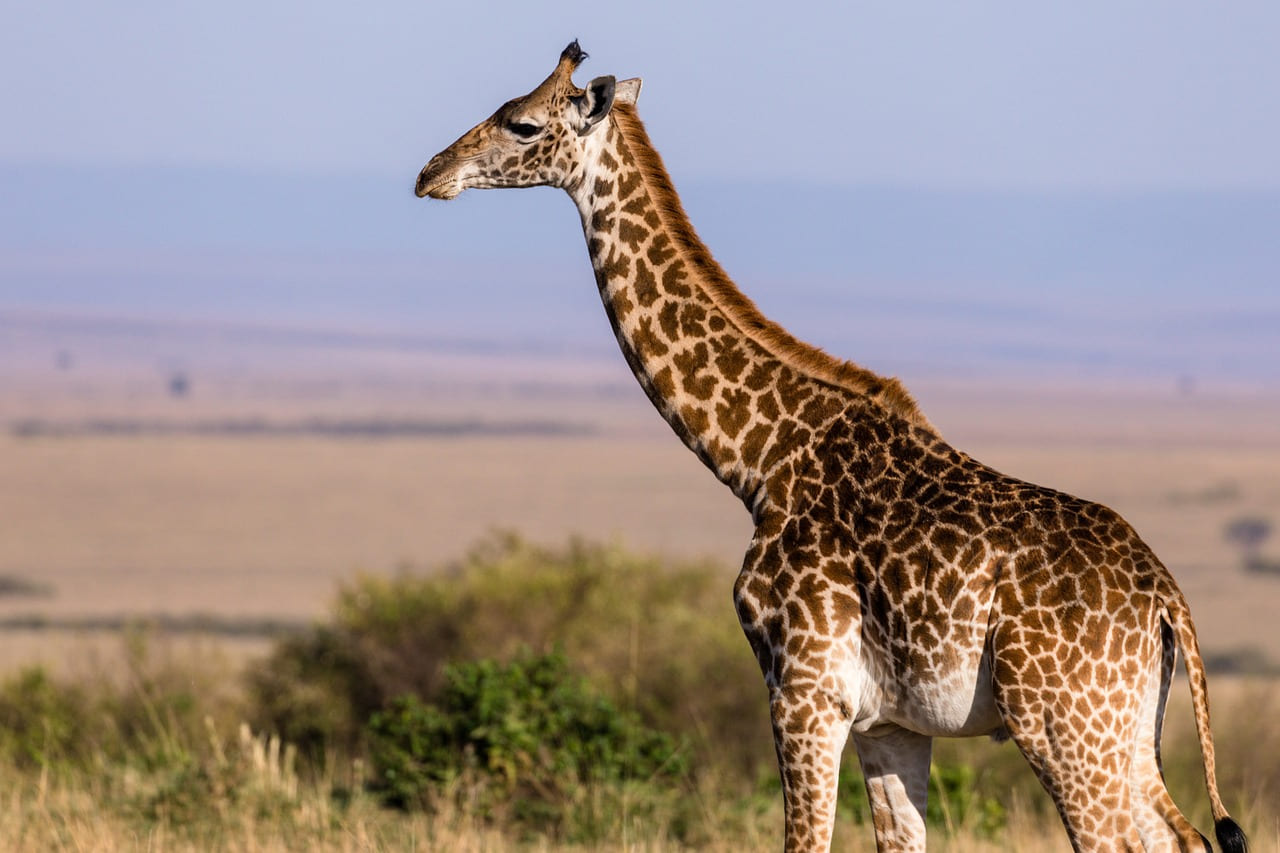
The Future of Zoos: Adapting to a Changing World
Zoos are evolving to meet the demands of a rapidly changing world. With growing environmental challenges such as climate change, habitat destruction, and species extinction, modern zoos are finding new ways to contribute to global conservation efforts while enhancing animal welfare.
One major trend in the future of zoos is the shift towards more naturalistic enclosures. Gone are the days of concrete cages; today’s zoos strive to create environments that closely mimic the animals’ natural habitats. This not only improves the animals’ quality of life but also provides visitors with a more immersive experience, allowing them to see how animals live in the wild.
Another trend is the increasing focus on conservation research. Zoos are partnering with universities, governments, and conservation organizations to develop strategies for saving endangered species and reintroducing animals to the wild. Many zoos are becoming important centers for scientific research, contributing valuable data on animal behavior, genetics, and ecology.
Zoos are also embracing sustainability, with many adopting eco-friendly practices such as solar energy, water conservation, and recycling programs. By reducing their environmental footprint, zoos set an example for visitors on how to live sustainably and protect the planet.
In conclusion, the future of zoos lies in their ability to adapt to the world’s changing environmental and ethical standards. As they continue to evolve, zoos will play an even more important role in conservation, education, and sustainability.